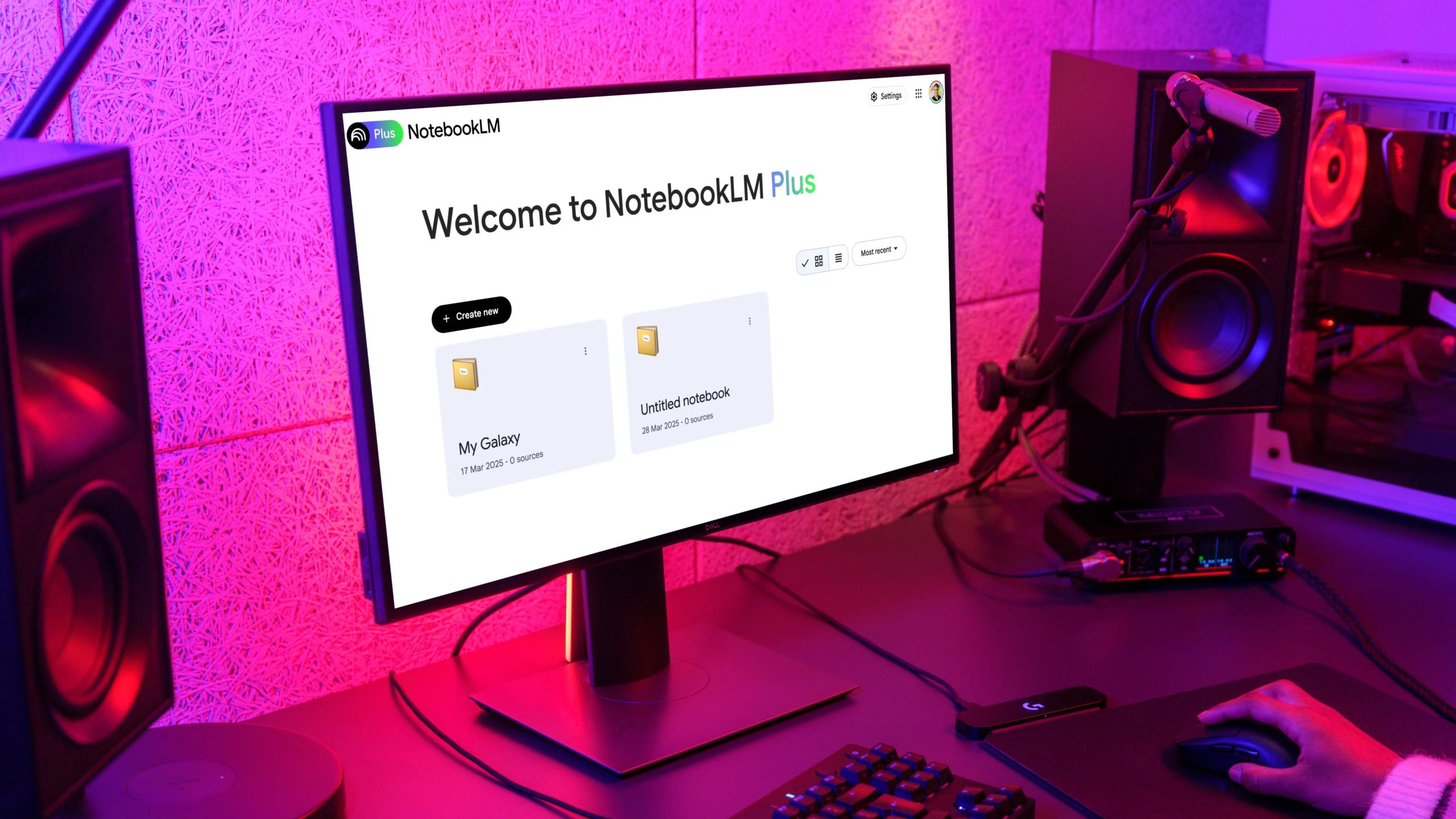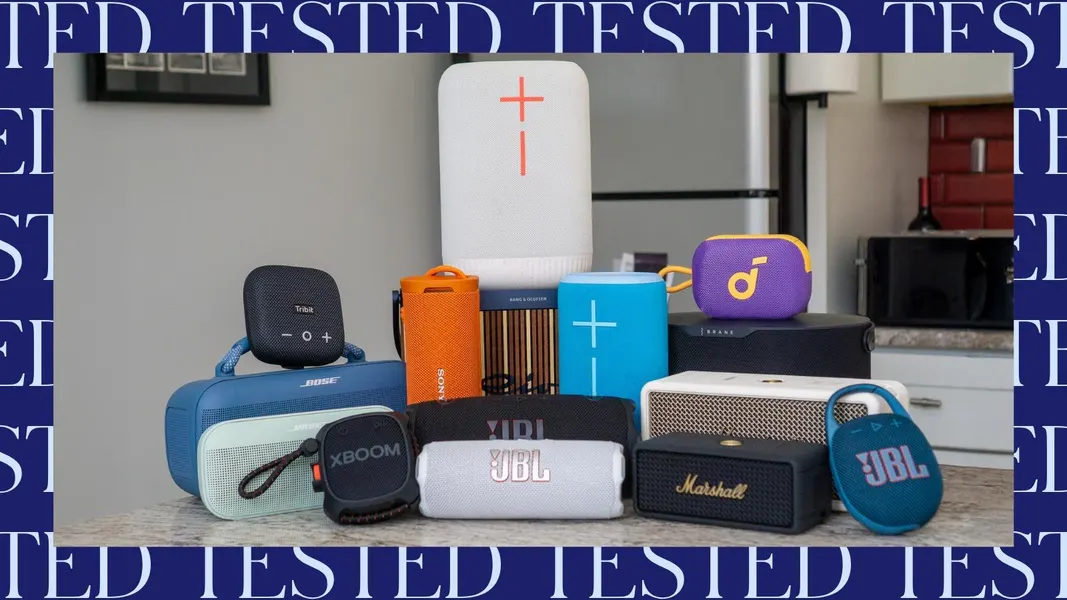
Ever feel like your notes are scattered across a dozen apps, folders, and half-forgotten browser tabs? I sure did—until I discovered NotebookLM, Google’s AI-powered knowledge base that transforms raw documents into an interactive, searchable, and deeply insightful workspace https://blog.google/technology/ai/notebooklm-launch. In this post, I’ll share why I hesitated, what finally convinced me, and how NotebookLM has revolutionized my research, content creation, and daily productivity.
What Is NotebookLM?
The Evolution of Note-Taking Tools
From Moleskine notebooks to Evernote’s web clippers, digital note-taking has come a long way. But traditional tools treat notes like static text. You search by keywords, flip pages, and hope you tagged things correctly.
Google’s AI-Powered “NotebookLM” Launch
In April 2025, Google introduced NotebookLM (Language Model), a tool that ingests PDFs, Docs, and web snippets—and lets you ask questions in plain English. It synthesizes insights, creates outlines, and even generates concept maps that link ideas dynamically.
Why I Hesitated—and What Changed
My Old Workflow Pain Points
I used Notion for project planning, Google Drive for PDFs, and ChatGPT for summarization. Jumping between all three cost me time and mental context.
Fear of Yet Another Tool
I resisted adding another app. “How much work will migration take?” I asked. “Will I learn this app only to abandon it?” I worried.
The Tipping Point: A Big Research Project
Facing a 50-page technical whitepaper and dozens of academic articles for a blog series, I realized I needed a singular, AI-driven workspace. That’s when I gave NotebookLM a try.
Getting Started with NotebookLM
Access Requirements and Early Access Sign-Up
NotebookLM is currently in limited preview. I signed up at the Google AI Experiments portal and received access within a week. You need a Google account and basic consent for AI data use.
Creating Your First Knowledge Base
Once inside, I hit “New Notebook”, named it “AI Blog Research,” and started importing.
Importing PDFs, Docs, and Web Clippings
PDF Upload: Hit the paperclip icon, dragged in a 30-page whitepaper—NotebookLM parsed it in seconds.
Google Docs Sync: Connected my Drive, selected draft posts.
Web Clipping: Pasted URLs of tech blogs; NotebookLM scraped and indexed content.
Core Features That Blew My Mind
Natural-Language Search Across All Notes
I typed, “What are the primary benefits of Retrieval-Augmented Generation?” Instantly, NotebookLM highlighted relevant passages across 10 documents—no manual skimming.
AI-Summarized Insights and Q&A
Click “Ask a Question”, and it generated a concise summary followed by bullet-pointed details. Perfect for distilling dense sections.
Dynamic Outlines and Concept Maps
With one click, I got an outline of all definitions and use cases. The concept map plotted connections: RAG ↔ LLM fine-tuning ↔ context windows.
Custom Prompts for Deep Dives
I customized prompts—“Compare this paper’s methodology to OpenAI’s GPT-4o approach”—and NotebookLM delivered comparative analysis.
Integrating NotebookLM into My Daily Workflow
Note-Taking for Meetings
During team calls, I pasted notes and asked: “List action items and assign deadlines.” NotebookLM generated a task list I dropped into Asana.
Researching Articles and Blog Posts
Instead of toggling tabs, I kept everything in one Notebook. When drafting, I asked NotebookLM, “Give me five unique angles on AI risk mitigation,” sparking fresh ideas.
Personal Knowledge Management (PKM)
NotebookLM became my second brain. I store career goals, book summaries, and coding cheatsheets—then retrieve context instantly.
High CPC Keywords and SEO Benefits
How AI-Driven Notes Improve Content Ideation
By asking NotebookLM for trending keywords—like “AI knowledge management,” “RAG technology,” or **“enterprise AI note-taking”—I uncovered long-tail phrases with high CPC potential.
Finding Trending Topics via NotebookLM
Import Google Trends export, then ask, “Which topics saw the biggest month-over-month spike?” Funnel those insights into data-driven headlines.
Real-World Productivity Gains
Time Saved on Research and Summaries
What used to take hours of reading and summarizing now takes minutes. NotebookLM’s AI summary cuts the fat, leaving only the essentials.
Keeping Context When Switching Projects
No more “What was that one stat?” headaches. Everything lives in one searchable AI layer.
Comparison with Other Tools
NotebookLM vs. Notion AI
NotebookLM: Built for knowledge ingestion, multi-document Q&A.
Notion AI: Excels at text generation within existing Notion pages—but lacks cross-document search.
NotebookLM vs. Evernote + ChatGPT
Evernote: Great capture, weak AI insights.
ChatGPT: Strong AI but siloed—requires manual copy-paste.
NotebookLM: Seamless fusion of capture + AI analysis.
Why NotebookLM Feels More “Human-Friendly”
Its prompts mirror natural curiosity: “Show me contradictions in this dataset,” rather than rigid commands.
Tips and Tricks for Power Users
Crafting Effective Prompts
Use context: “Based on pages 5–10, summarize X.”
Chain questions: Follow-up on previous answers.
Organizing Your Knowledge Base
Tagging: Use NotebookLM’s tag feature to group related notebooks—e.g., “Blog Research,” “Meeting Notes.”
Folder Nesting: Create parent notebooks for quarterly goals, with child notebooks for each project.
Automating Workflows with Zapier and NotebookLM
Set up a Zap: New Note in NotebookLM → Create a Slack summary → Notify your team. Automate cross-app workflows.
Potential Drawbacks and How to Mitigate Them
Privacy and Data Security Concerns
NotebookLM stores data on Google’s servers. For sensitive docs, mask personal identifiers or use synthetic dummies in early drafts.
Early Access Bugs and Feature Gaps
The interface occasionally lags with massive PDFs. Workaround: Break large docs into 10-page chunks.
Balancing Automation with Human Oversight
AI summaries can omit nuance. Always cross-check critical points and add your own commentary.
The Future of NotebookLM and AI in Note-Taking
Upcoming Features on Google’s Roadmap
Real-time collaboration within notebooks.
Custom model integration for proprietary corpora.
Voice-to-Notebook for instant meeting capture.
Predictions for Next-Gen Knowledge Tools
Imagine AR glasses that project your NotebookLM insights onto physical documents, or AI coaches that quiz you on your own knowledge base.
Conclusion
Switching to NotebookLM felt like trading a messy desk for a perfectly organized library—powered by an AI librarian that anticipates my questions. It’s accelerated research, boosted creativity, and simplified everyday note-taking. If you’ve been on the fence, consider this your nudge: dive in, import your backlog, and let Google’s AI turn your scattered notes into a structured, endlessly searchable knowledge powerhouse.
Frequently Asked Questions (FAQs)
1. Is NotebookLM free to use?
Currently, limited preview access is free. Google plans tiered pricing for enterprise features and API integrations in late 2025.
2. What file types does NotebookLM support?
PDF, Google Docs, Microsoft Word, and direct web clipping via URL imports.
3. Can I export my AI-generated summaries?
Yes. Export to Google Docs or download as Markdown to integrate with your CMS or blog platform.
4. How secure is my data in NotebookLM?
Data is encrypted at rest and in transit on Google Cloud. However, avoid uploading highly sensitive personal or legal documents until a private-cloud option arrives.
5. Will NotebookLM replace traditional note apps?
For many workflows, yes—especially research and writing. But you may still use lightweight note apps for quick personal reminders or to-dos.





